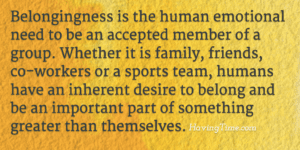
Speaking with clergy around the country during the pandemic, I have heard a universal sense of loss over the dramatically diminished number of personal interactions with members, staff, and the community. Pastors, ministers, rabbis, and priests today are suffering—they are relationship experts at a time when it is challenging to put that expertise to work.






